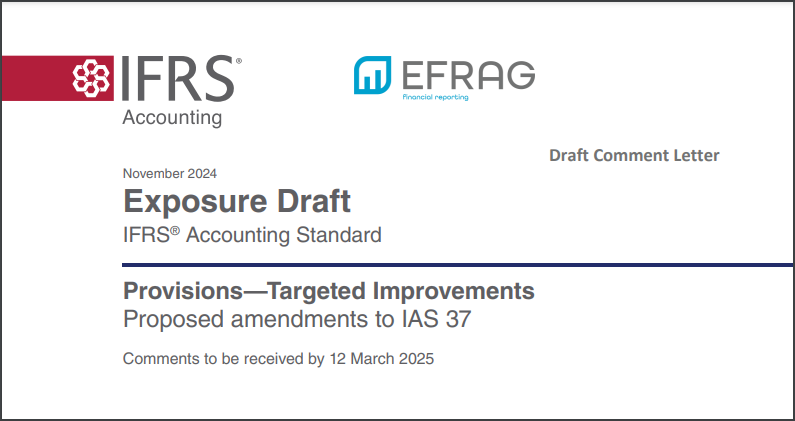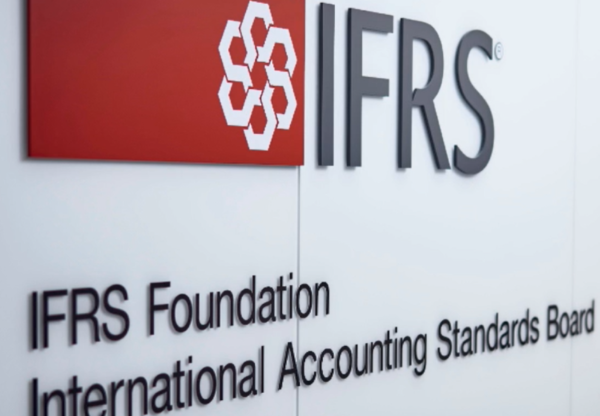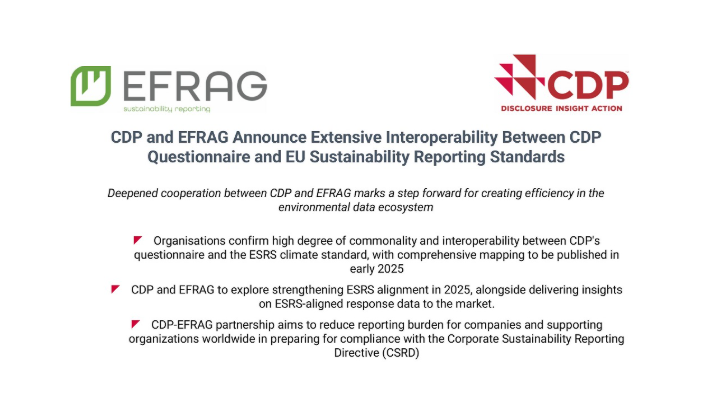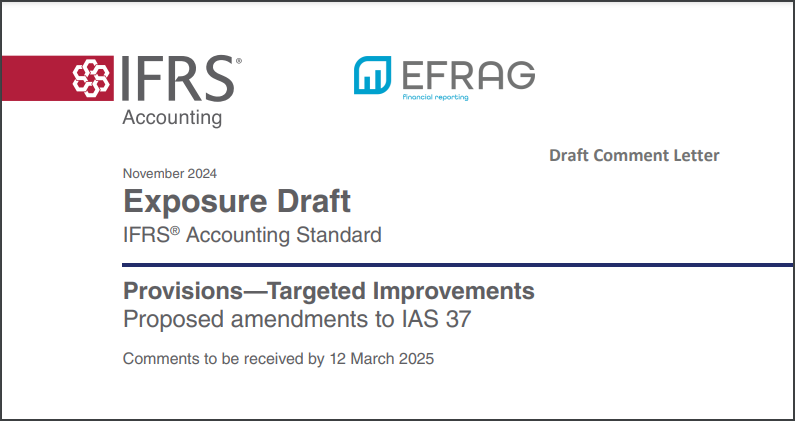EFRAG’s Draft Comment Letter: Improvements to IAS 37 in Focus
EFRAG published its Draft Comment Letter on the IASB’s proposed amendments to IAS 37, aimed at clarifying obligations, refining settlement costs, and specifying a risk-free discount rate. Feedback is invited by 25 February 2025.

In December 2024, the European Financial Reporting Advisory Group (EFRAG) published its Draft Comment Letter (DCL) on the IASB's Exposure Draft Provisions — Targeted Improvements (ED/2024/8). These proposed amendments to IAS 37 aim to clarify the standard and promote consistent application. Feedback on the DCL is requested by 25 February 2025.
Comments can be submitted using this form.
Key Points of the DCL
EFRAG has expressed provisional support for the IASB’s proposals, while also suggesting further refinements:
- Clarifying Present Obligations: The proposed amendments aim to clarify the criteria for determining when a past event results in a present obligation for an entity. EFRAG noted that these changes could lead to recognising certain provisions earlier than under the current standard, which requires further analysis;
- Settlement Costs: EFRAG supports the proposal to include only costs directly related to settling the obligation;
- Discount Rate: It recommends the use of a risk-free discount rate, excluding non-performance risk, to enhance comparability in reporting;
- Transition and Disclosures: Comments were provided on disclosure requirements for subsidiaries without public accountability and the proposed transition guidance;
- Further Refinements: EFRAG suggests clarifying the wording of the proposed amendments and assessing the potential impacts of their implementation.
EFRAG invites stakeholders to respond to specific questions outlined in the DCL to identify the most critical aspects of the proposals. During the consultation period, additional outreach activities will be conducted to evaluate the practical implications of the changes.
What does this mean for businesses
The proposed amendments to IAS 37 will have significant implications for businesses, particularly those dealing with long-term provisions, such as environmental liabilities, decommissioning costs, and government-imposed levies.
Important points for businesses:
- Earlier Recognition of Provisions: Businesses may be required to recognise provisions for certain costs earlier than under the current standard. This could affect entities that are subject to levies or similar obligations based on specific thresholds or actions. For example, provisions for environmental remediation or asset decommissioning may need to be recognised progressively as thresholds are met, rather than waiting until all conditions are fulfilled.
- More Transparent Reporting: The proposed requirement to use a risk-free discount rate, excluding non-performance risk, will promote greater transparency and comparability between businesses. However, companies may need to update their accounting policies and practices to reflect this change, particularly in how they determine discount rates for long-term provisions.
- Impact on Financial Statements: The changes to the present obligation recognition and measurement criteria will likely result in more consistent financial reporting. While this will improve comparability, it could also lead to some fluctuations in reported provisions, especially for businesses with large, long-term obligations Firms will be obligated to reveal the discount rates they apply and the methods employed to determine them, thus increasing the transparency of their financial reports.
Companies will need to disclose the discount rates they use and the methodology for determining them, enhancing the transparency of their financial statements. This may require updating internal systems and improving communication with auditors and stakeholders to ensure full compliance.
Conclusion
EFRAG supports the IASB’s efforts to reduce diversity in the application of IAS 37. However, it emphasises the need to address stakeholder concerns and refine key aspects of the proposals before they are finalised.
Stakeholders are encouraged to participate in the consultation process and submit their comments via the official form by 25 February 2025.



